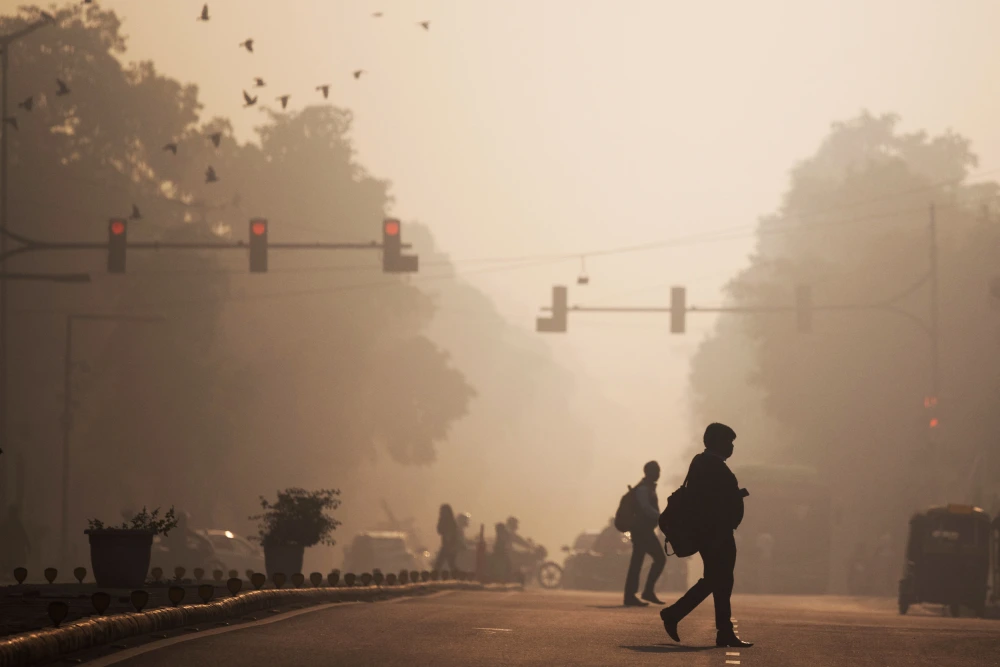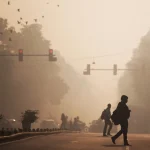
AFRICA’S RIGHT TO CLEAN AIR: ADDRESSING THE CONTINENT’S GROWING POLLUTION CRISIS
In a world where clean air is a fundamental right, African nations face a mounting pollution challenge that demands immediate attention. Globally, regions struggle to combat escalating air pollution levels that threaten health, reduce life expectancy, and infringe upon basic human rights.
Pollution in Africa: A Rising Crisis
While India and Pakistan dominate pollution rankings—with Delhi reaching an alarming Air Quality Index (AQI) of 364 this month according to IQAir, and Lahore consistently rated as the second-most polluted city globally—African cities are not far behind. Recent data shows that Lagos, Accra, and Johannesburg also contend with rising AQI levels, often exceeding safe thresholds set by the World Health Organization (WHO). According to a 2023 WHO report, outdoor air pollution contributes to over 780,000 premature deaths annually across Africa, a stark statistic emphasizing the urgency of the situation.
Countries across the continent grapple with various sources of pollution, including urban traffic emissions, industrial discharges, and seasonal agricultural practices. In East Africa, for example, Nairobi’s air pollution levels rise during dry seasons when road dust and industrial emissions mix in hazardous concentrations, impacting the health of millions. Similarly, West Africa sees a significant rise in particulate matter during the Harmattan season, which combines dust from the Sahara with pollutants from local industries, creating dangerous air conditions.
The Right to Clean Air
As seen in South Asia, where the Supreme Court of India has declared pollution-free environments a fundamental right, there is a growing call within Africa for stronger legal frameworks to address air quality. African courts and environmental agencies are beginning to enforce stricter measures, with Kenya, South Africa, and Nigeria leading the way in drafting policy reforms that impose stricter penalties for industries that violate emission limits.
Moving Forward: Solutions and Compliance
As Africa’s pollution crisis intensifies, solutions are emerging. Governments are exploring subsidies to support cleaner technology adoption, including promoting electric vehicle use and subsidizing clean energy alternatives for low-income families. In Kenya, for instance, the government is piloting a clean cookstove initiative aimed at reducing indoor air pollution in rural areas, which could save thousands of lives annually.
Ultimately, air pollution in Africa is not only a health hazard but a significant social and economic challenge that impacts citizens’ quality of life and longevity. By prioritizing clean air as a basic human right and implementing strict compliance measures, African nations can make strides toward a healthier, more sustainable future.
This urgent issue calls for collective action from governments, communities, and organizations like Ecomedia, dedicated to promoting environmental awareness across Africa and working alongside communities to drive meaningful, lasting change.




